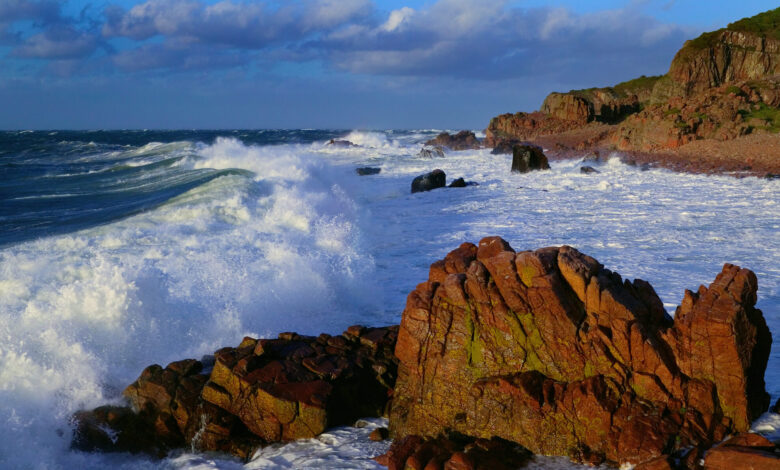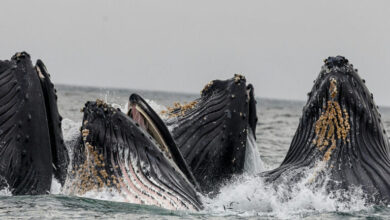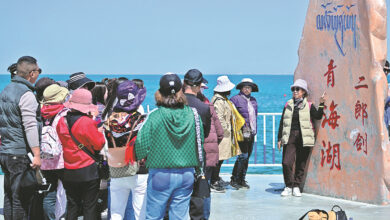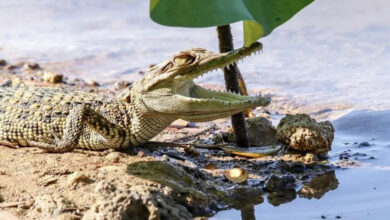
Sweden, Skane, Hovs Haller, Kattegat Sea. Photo Credit: Hans Strand/Getty Images
Environment SwedenBig Measures Against Destructive Fishing Proves Worthwhile!
Drastic measures taken in 2009 to halt bottom trawling in unique Swedish marine environments are paying off: this past summer, authorities imposed a total ban on the destructive fishing technique against marine ecosystems and biodiversity.
“The fact that Greenpeace created attention and pointed out the lack of protection from bottom trawling in these marine areas meant that the work we started gained momentum, which has now led to the protection that is finally in place,” says marine biologist Bo Gustafsson.
A total of 203 granite blocks were placed on the seabed in 2009 as trawl obstacles to protect Fladen and Lilla Middelgrund, two areas in the Kattegat, a 30,000 km2 area between Sweden and Denmark. The area is home to the porpoise and two endangered Swedish shark species – the spiny shark and the small spotted red shark. The seabed has a unique fauna with reef-forming horse mussels and the country’s first known bubble reef. Thirteen years after being dropped on the seabed, the granite blocks are a natural part of the underwater environment around which exciting marine life is growing. And thanks to the latest fishing regulations, half of these areas are no longer open for fishing.



